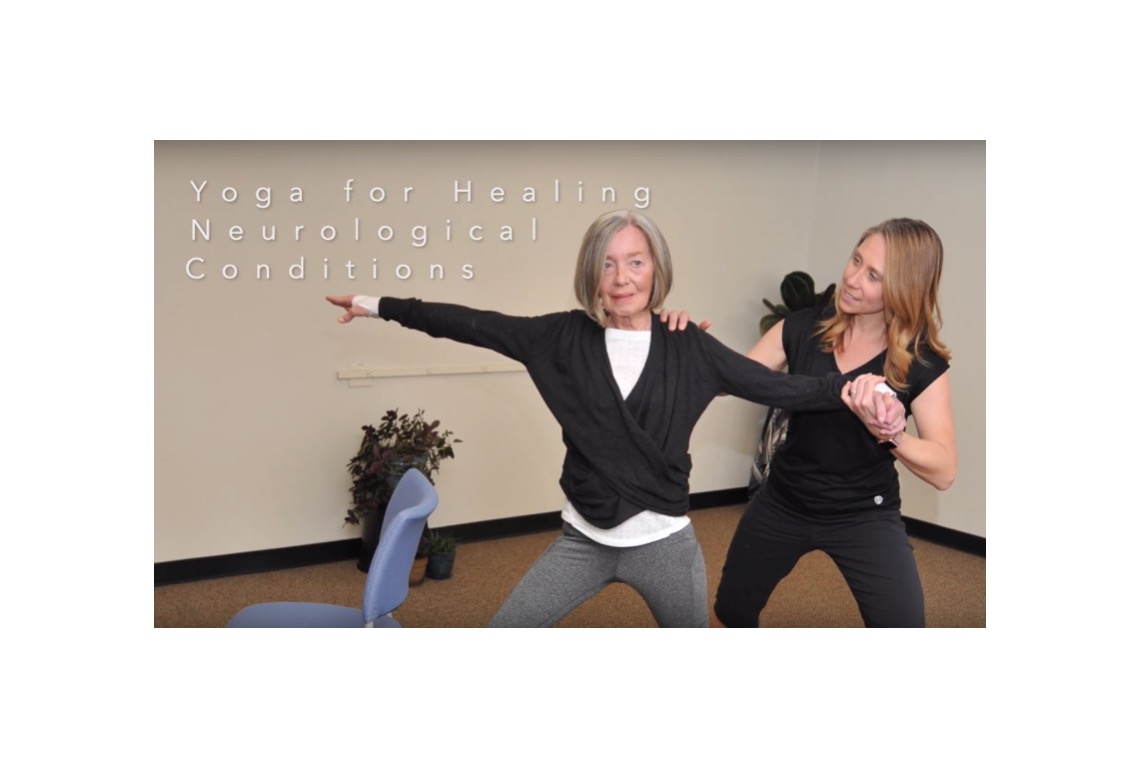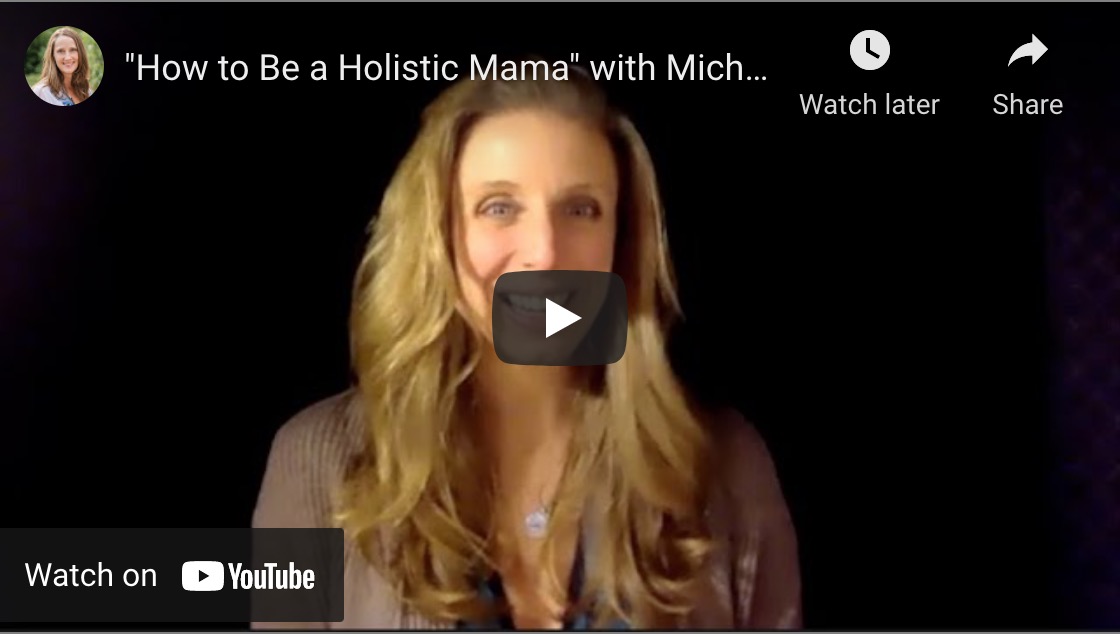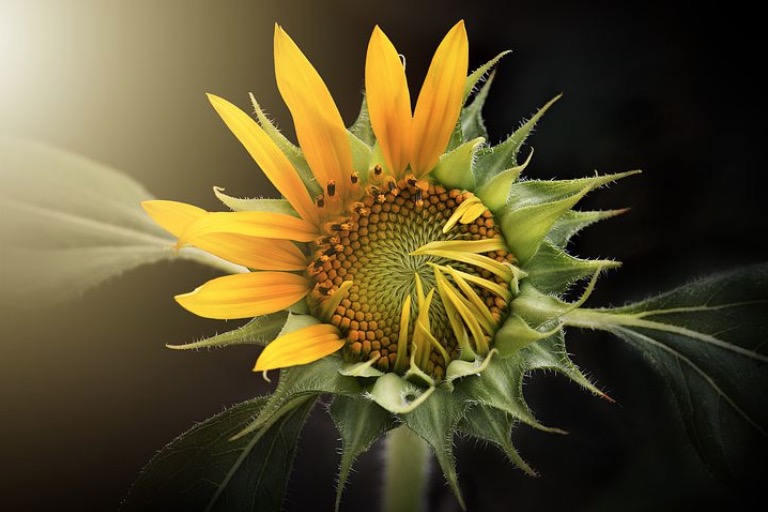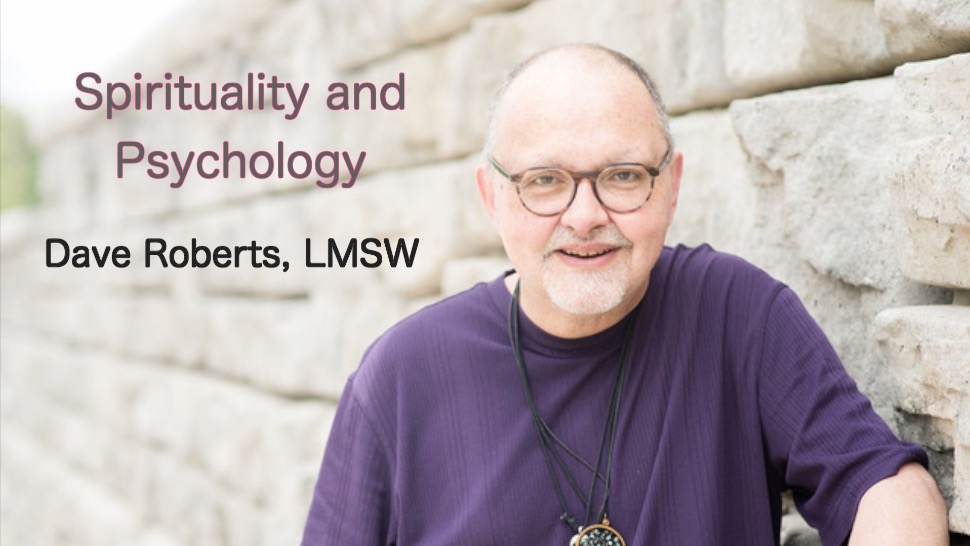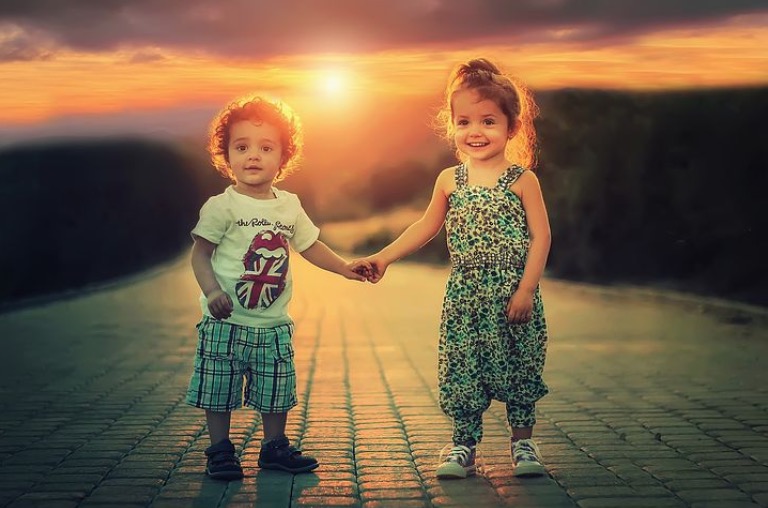
Love is the Greatest Healer
By Emmy Vadnais, OTR/L
Originally published at I Love You Institute
What is Love?
“I love you.” Isn’t that what we long to hear? How often do you hear it or say it? How often do you feel love?
Love is what everyone seems to be looking for – to be seen, valued, accepted, cared for, cherished or adored, treated with kindness, and to feel pleasure and connected instead of isolated and alone. Love is what unites us instead of dividing us. We are social creatures and we need each other to survive, learn, and grow.
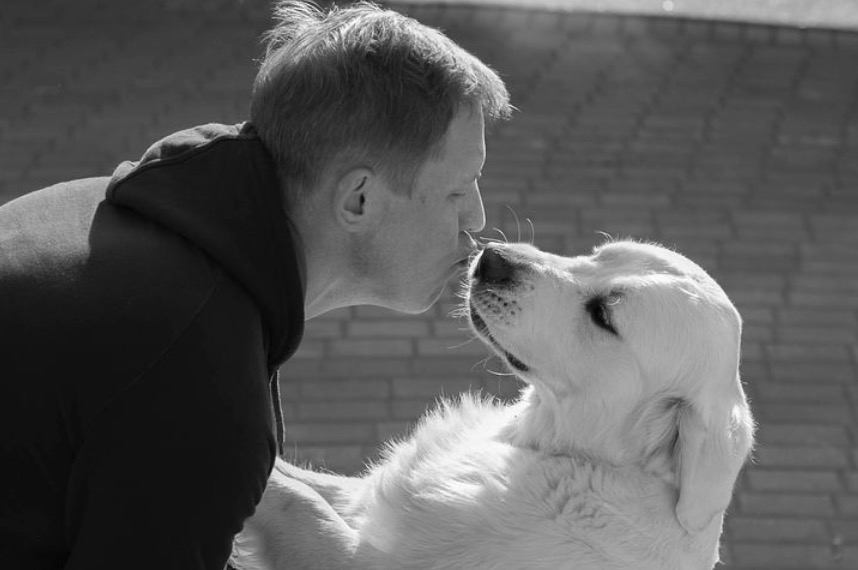
Truth, beauty and wisdom may be synonymous with love. Many believe one of the reasons we are here on this earth is to learn how to love. Some consider it interchangeable with God. All spiritual and religious practices teach love.
“I think the most important thing I’ve learned in my studies is that whatever we happen to be chasing in life, whether knowledge or power, or fame, or whatever, the most important thing we can do while we’re alive is to learn how to love.” – Raymond Moody, MD, Researcher of Near Death Experiences (1)
How do you describe love? How and when do you give it? How and when do you receive it?
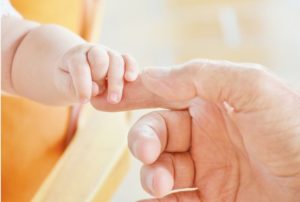
Types of Love
Poets, philosophers, mystics, and spiritual leaders have been contemplating and sharing about love for millennia. We are drawn to certain relationships to learn about love through them. There are many types of love including friendship, family, romantic, universal love or spiritual love (2).
Universal love or agape, is the love for strangers, nature, or God. It encompasses the concept of altruism – unselfish concern for the welfare of others. Within all of these types of love relationships we can learn how to give and receive unconditional love and self-love.
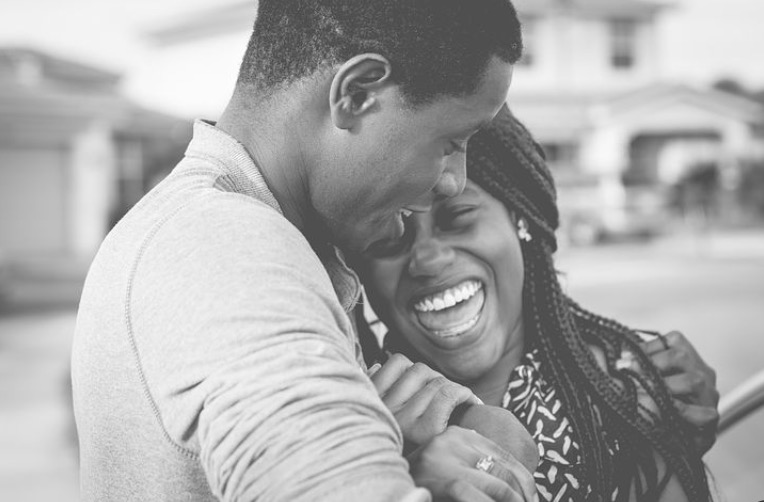
Unconditional Love
“Simply stated, unconditional love is an unlimited way of being. We are without any limit to our thoughts and feelings in life and can create any reality we choose to focus our attention upon. There are infinite imaginative possibilities when we allow the freedom to go beyond our perceived limits. If we can dream it, we can build it. Life, through unconditional love, is a wondrous adventure that excites the very core of our being and lights our path with delight.” – Harold W. Becker from Unconditional Love – An Unlimited Way of Being (3)
Unconditional love is ultimately what we are all looking for – to be loved and accepted for who we are and to be believed in a way that can raise us to the highest heights. The other person in the relationship sees our love and light, despite our seeming imperfections. This can connect us beyond our sense of separateness to something greater within and outside that can transcend limitations to boundless possibilities. This can give us strength, happiness and peace.
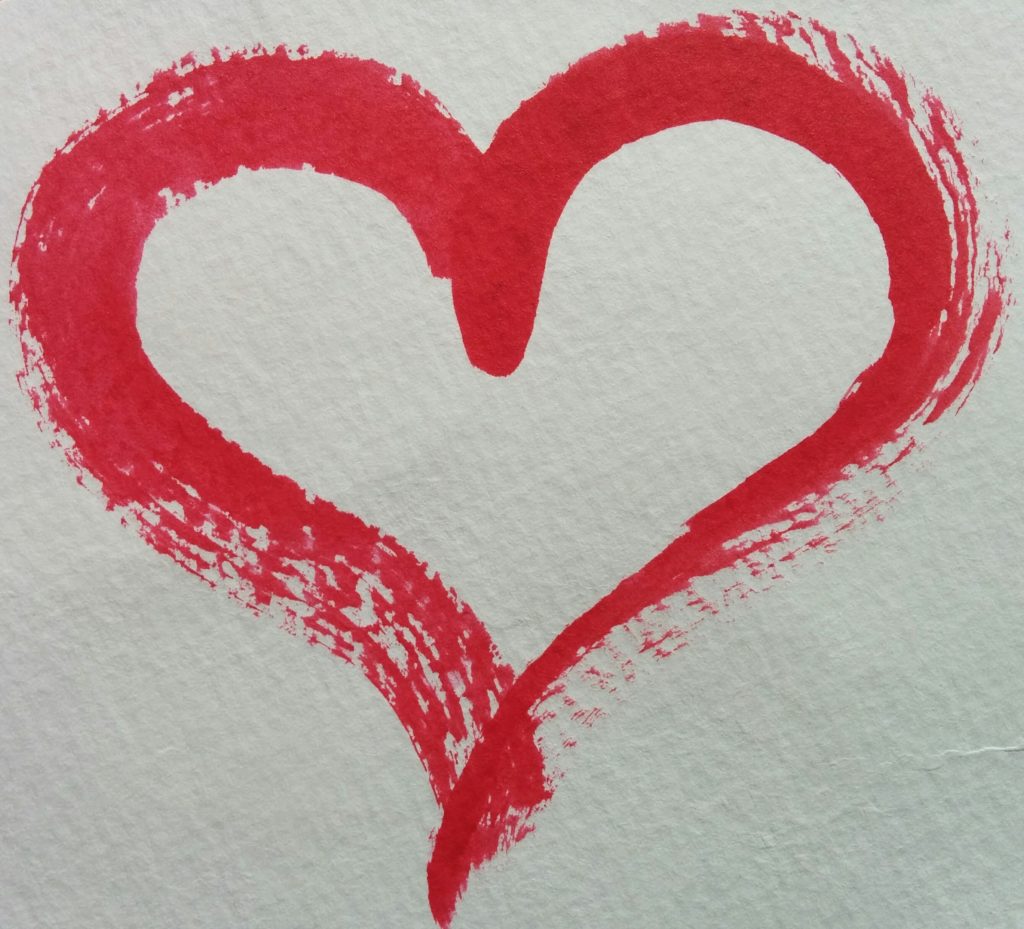
Open Heart
An open heart can allow the energy of love to flow more freely. We can then more easily access higher states of thinking and consciousness. We can act and make choices from our higher selves that are intuitive and full of wisdom. When connected to our heart center we can simply be present with ourselves and others with more loving compassionate awareness.
“Such a sense of profound love comes when we first forgive and accept ourselves for all of our limiting beliefs, mistakes, judgments and misunderstanding and apply the “unconditional” to us personally. We recognize our self-worth, value our talents, and allow ourselves to be who we are rather than what we think others wish us to be. In turn, we naturally understand those around us and extend our helping hand without condition, judgment or expectation. We see ourselves in the reflection of another and know that everyone deserves to love and be loved without condition.” – The Love Foundation (3)

Love Can Heal Us
Love is the greatest healer. It can open the doorway for us to heal old wounds and to learn to love and accept ourselves. Through relationships we can learn how to love others and ourselves. This may be a relationship with people, a pet, animal, or higher power.
Many research studies have found a strong connection between social interaction and health and well-being. Social interactions may have significant positive health benefits for older adults.
Social isolation and loneliness may cause adverse health effects and is a major risk factor for morbidity and mortality. Loneliness may also impact physical as well as emotional health. It is a risk factor for depression, and people who are frequently lonely may have elevated blood pressure.
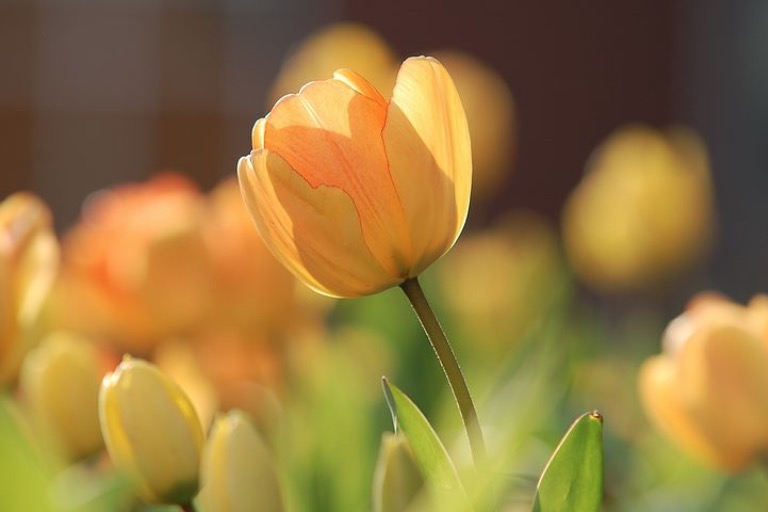
Grandparents have reported that they are healthier caring for their grandchildren, because they experience a strong emotional bond, lead healthier lifestyles by being more active, eating healthier meals, and may even stop or reduce smoking. Lower levels of interleukin-6 may be associated with positive indicators of social well-being in healthy people. This is an inflammatory factor correlated with Alzheimer’s disease, osteoporosis, rheumatoid arthritis, cardiovascular disease, and some cancers. (4)
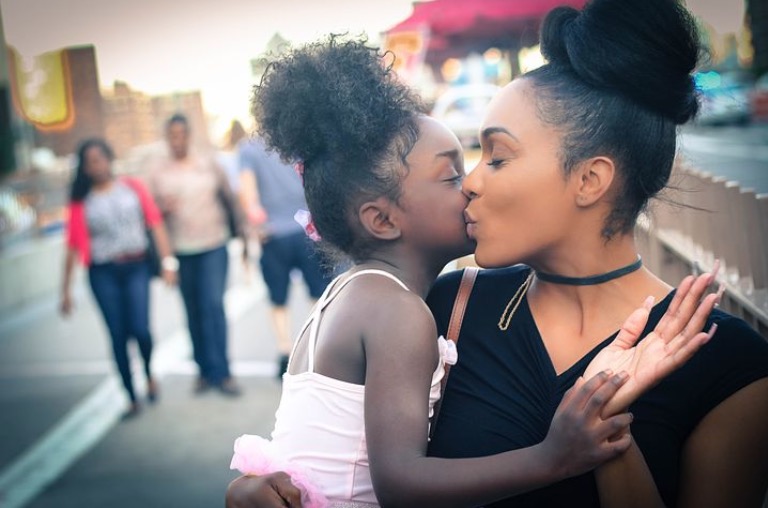
Love can bring care, attention, and responsibility to care for and act on behalf of another, to come together and create a happier and healthier society. What we love to do, enjoy the most, and the creative gifts we bring to the world can help heal and keep us well, and may benefit the earth and all of its inhabitants (5).
“Your task is not to seek for love, but merely seek and find all the barriers within yourself that you have built against it.” – Rumi
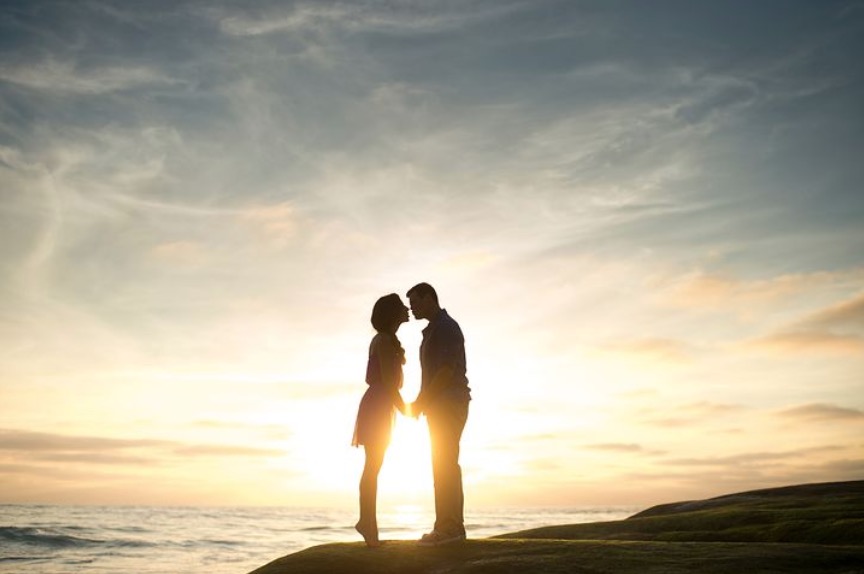
I-Thou
Within all relationships there is a sense of the self and the other. Martin Buber, a philosopher and scholar, in his book “I and Thou,” describes two types of relationships, the “I-It”, and the “I-Thou.” The I-It relationship is based on separateness from others where one uses another as an object. In contrast, in an I-Thou relationship, each person equally and completely turns toward the other with openness, ethical interactions, and total presence. Each participant is concerned for the other person. The honoring of the other is most important – not just their usefulness. (6, 7)
Buber shares that in the ‘I’ towards ‘Thou’, we move into existence in a relationship without bounds. He contends that human life finds its meaningfulness in relationships, and that all of our relationships will bring us ultimately into relationship with God – the Eternal Thou.
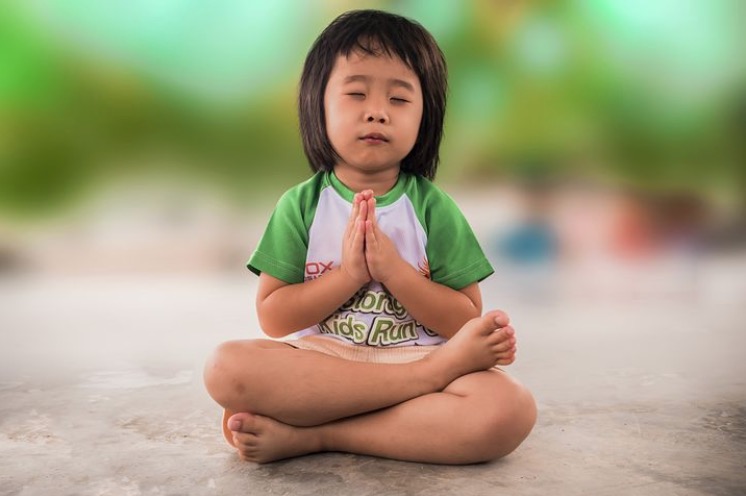
The honoring of the I and Thou can be seen in countless yoga studios where students bow to each other and say, “Namaste.“ The I-Thou is what is kindly and lovingly being honored when people say, “Namaste” to each other. They are essentially saying, “The light and love in me sees the light and love in you.” This is practiced when people in a Christian church shake each other’s hands and say “Peace be with you.”
This is the type of love the I Love You Institute will help bring forth more in the world.
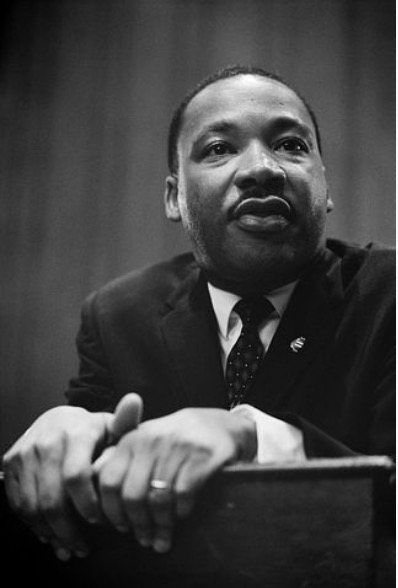
“Power without love is reckless and abusive, and love without power is sentimental and anemic. Power at its best is love implementing the demands of justice, and justice at its best is love correcting everything that stands against love. And this is what we must see as we move on.” – Martin Luther King, Jr. (8)
Reference:
- YouTube. Guideposts. Dr. Raymond Moody Talks About Near-Death Experiences. Retrieved February 19, 2019 from https://www.youtube.com/watch?v=WYuniH2jYRI
- Psychology Today. These Are the 7 Types of Love. Retrieved February 19, 2019. https://www.psychologytoday.com/us/blog/hide-and-seek/201606/these-are-the-7-types-love
- The Love Foundation. Unconditional Love. Retrieved February 19, 2019 from https://www.thelovefoundation.com/whoweare/unconditionallove.html?gclid=CjwKCAiA767jBRBqEiwAGdAOr_7x8D7UCHRNdOKiFt20f3HOdNii3HhXc1lgFqoBt8c65-D5b6ACDxoCRLYQAvD_BwE
- National Institute on Aging. Research Suggests a Positive Correlation Between Social Interaction and Health. Retrieved February 19, 2019 from https://www.nia.nih.gov/about/living-long-well-21st-century-strategic-directions-research-aging/research-suggests-positive
- Jonas, Wayne (2018). How Healing Works: Get Well and Stay Well Using Your Hidden Power to Heal. New York, NY: Crown Publishing Group
- Bridgen Elizabeth and Vercic Dejan (2018). Experiencing Public Relations: International Voices. New York, NY: Routledge
- My Jewish Learning. Martin Buber. Retrieved February 19, 2019 from https://www.myjewishlearning.com/article/martin-buber/
- Stanford University. “Where Do We Go From Here?,” Address Delivered at the Eleventh Annual SCLC Convention by Martin Luther King, Jr. Retrieved February 19, 2019 from https://kinginstitute.stanford.edu/king-papers/documents/where-do-we-go-here-address-delivered-eleventh-annual-sclc-convention
Emmy Vadnais, OTR/L is an occupational therapist, intuitive healer, teacher, writer, and consultant. She teaches intuitive and spiritual development, meditation, and holistic/integrative health classes. Please visit EmmyVadnais.com.
